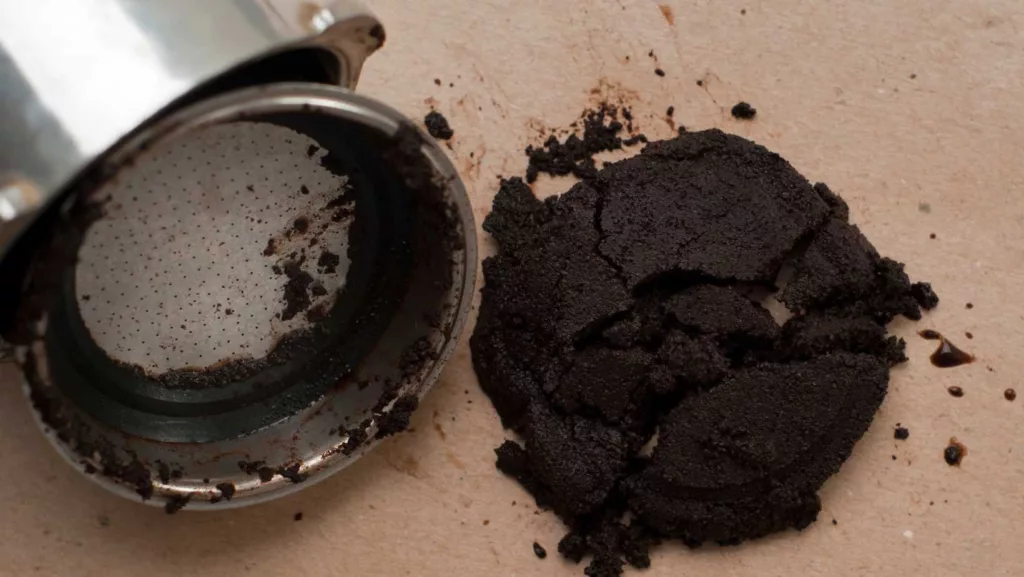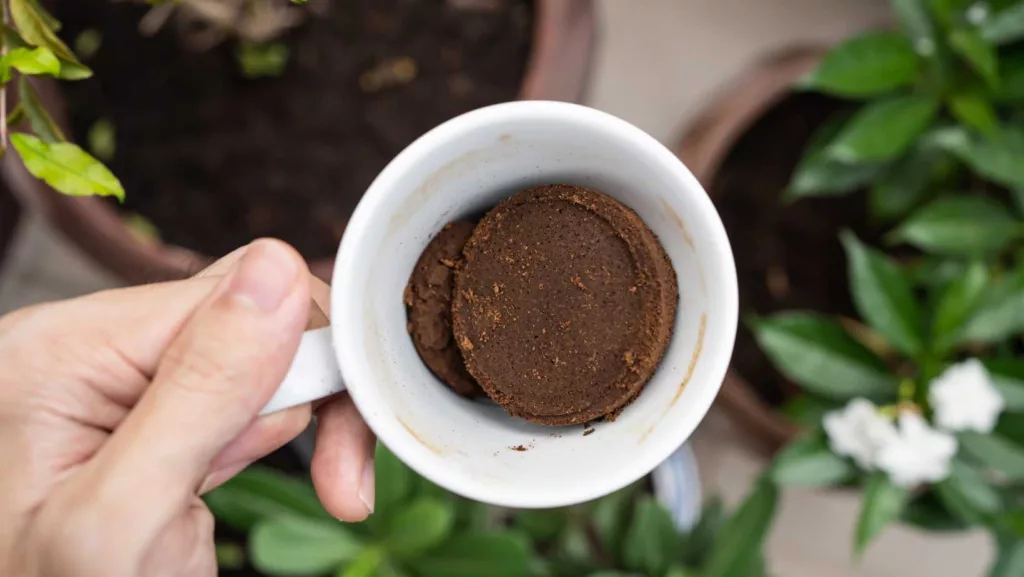News
How to use coffee grounds for plants?
by
Barsel
on
Jun 08, 2023
Caring for our plants and promoting their healthy growth can be a challenge, but fortunately, there are many natural resources that can help us with this task. One of them is coffee, a beverage that many of us enjoy daily.
However, did you know that the coffee grounds we usually throw away can be beneficial for our plants? In this article, we'll explain how to use coffee grounds to improve the growth and health of our plants.
What are coffee grounds?
Coffee grounds are the residue left after making a cup of coffee. This residue consists of the coffee grounds that remain in the filter or coffee maker. Often, these grounds are discarded without a second thought, but they actually contain valuable nutrients that can be used by our plants.

Benefits of coffee grounds for plants
Coffee grounds are an excellent source of nutrients for plants. They contain significant amounts of nitrogen, phosphorus, potassium, and other essential micronutrients necessary for healthy plant growth. Furthermore, coffee grounds can also improve soil structure, increase water retention capacity, and promote beneficial microbial activity.
Preparing coffee grounds for use
Before using coffee grounds on your plants, it's important to prepare them properly. One common way to prepare coffee grounds is to let them air dry. Once dry, they can be stored in an airtight container until you're ready to use them. It's also possible to use fresh coffee grounds, but keep in mind that they can be acidic, so using large quantities isn't recommended.
Using coffee grounds as fertilizer
A popular way to use coffee grounds is as fertilizer. Simply spread a thin layer of coffee grounds around the base of your plants. As the coffee grounds decompose, they gradually release nutrients into the soil, feeding your plants continuously. It's important not to use too many coffee grounds, as this could disrupt the soil's nutrient balance.
Coffee grounds as a pest repellent
In addition to their nutritional benefits, coffee grounds can also act as a natural pest repellent. Many common pests, such as ants, snails, and slugs, aren't fans of coffee and will avoid areas where coffee grounds are scattered. This can help protect your plants from potential pest damage.
Coffee grounds for plant growth
Coffee grounds can also stimulate plant growth thanks to their abscisic acid content, a plant hormone that regulates seed development and germination. By adding coffee grounds to the soil, you can promote faster and healthier plant growth, especially in crops that are sensitive to growth hormones.
Coffee grounds to improve soil composition
Regular use of coffee grounds can improve soil composition in the long term. Coffee grounds add organic matter to the soil, improving its structure and increasing its capacity to retain nutrients and water. This is especially beneficial in sandy or compacted soils, where drainage and water retention can be challenging.
Coffee grounds as liquid fertilizer
In addition to using coffee grounds as direct fertilizer, you can also prepare a liquid fertilizer using them. To do this, simply soak the coffee grounds in water for a few days and then use the resulting liquid to water your plants. This liquid fertilizer will provide your plants with an extra dose of beneficial nutrients.

Possible drawbacks and precautions
While coffee grounds can be beneficial for plants, it's important to be aware of some potential drawbacks and precautions. First, coffee grounds can acidify the soil, so they are not recommended for plants that require an alkaline pH. Additionally, it's important to use coffee grounds sparingly and avoid overuse, as this could disrupt the soil's balance.
Conclusion
Using coffee grounds for plants is an excellent way to repurpose a commonly discarded resource and benefit your garden or vegetable patch. Coffee grounds provide essential nutrients, improve soil structure, and can act as a pest repellent. Remember to properly prepare the coffee grounds before using them and consider the specific needs of your plants.
Try this simple technique and discover how your plants can flourish thanks to coffee!









